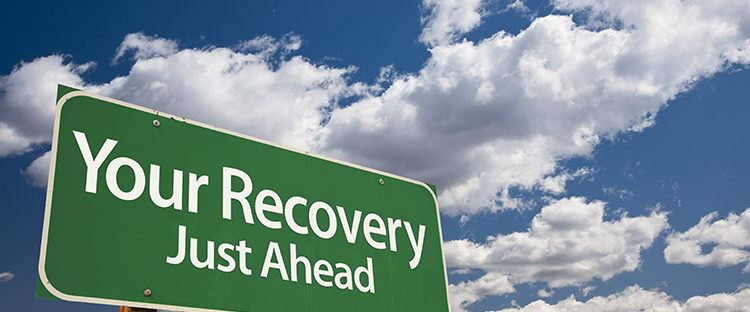When many people think of addiction recovery, one of the first things that come to mind is the group Alcoholics Anonymous (or AA) and the 12-step program for recovery. While Alcoholics Anonymous and similar groups are typically thought of as treatment, they are more accurately defined as support groups. Unfortunately, according to addiction treatment researcher Thomas McLellan, Ph.D., studies seem to indicate that only 25-35 percent of addicts who attend an AA meeting actually go on to continue with the program and attend meetings regularly.
Women for Sobriety
Women for Sobriety was created by Jean Kirkpatrick in the 1970s. Jean Kirkpatrick held a doctorate in sociology and focused her program on the premise that women with drinking problems require a different recovery approach and plan than men do. Women for Sobriety is an abstinence-based program which sets out to first tackle the emotional issues that may lead to addiction.
SMART Recovery
SMART Recovery uses a cognitive-behavior approach that encourages its members to first acknowledge the emotional and environmental factors for drug and alcohol use and then to respond to these factors in new and more productive ways. SMART Recovery is abstinence-based; however, it does welcome individuals who are ambivalent about their recovery. It has over 600 groups based in the United States, and it also has a youth program along with a Family & Friends program.
LifeRing Secular Recovery
LifeRing Secular Recovery was formed over a decade ago. It has three main principles— sobriety, secularity, and self-help. This group focuses on human efforts instead of divine intervention. It also holds the belief that the key to recovery is within the individual and is based on their own motivation and effort.
Refuge Recovery
Refuge Recovery is a nonprofit, mindfulness-based addiction recovery organization. They provide a community that uses Buddhist philosophy to help people recover from addiction. Inspired by the teachings of the Four Noble Truths, Refuge Recovery places emphasis on being more empathetic and understanding.
Celebrate Recovery
Celebrate Recovery was founded by John Baker in 1991. Focusing on a Christ centered approach, Celebrate Recovery has spread to recovery houses, rescue missions, universities, and prisons around the world. To date over 35,000 Celebrate Recovery churches have been opened with over 5 million individuals having completed the Celebrate Recover’s Step Study, a program created to bring the healing power of Christ to those that are suffering, broken, and having life difficulties like as addiction.
Although Alcoholics Anonymous is not for everyone there are many other support groups available, such as the groups listed above. These other groups may be more useful approaches if someone struggling with addiction does not find Alcoholics Anonymous to be the best approach.


